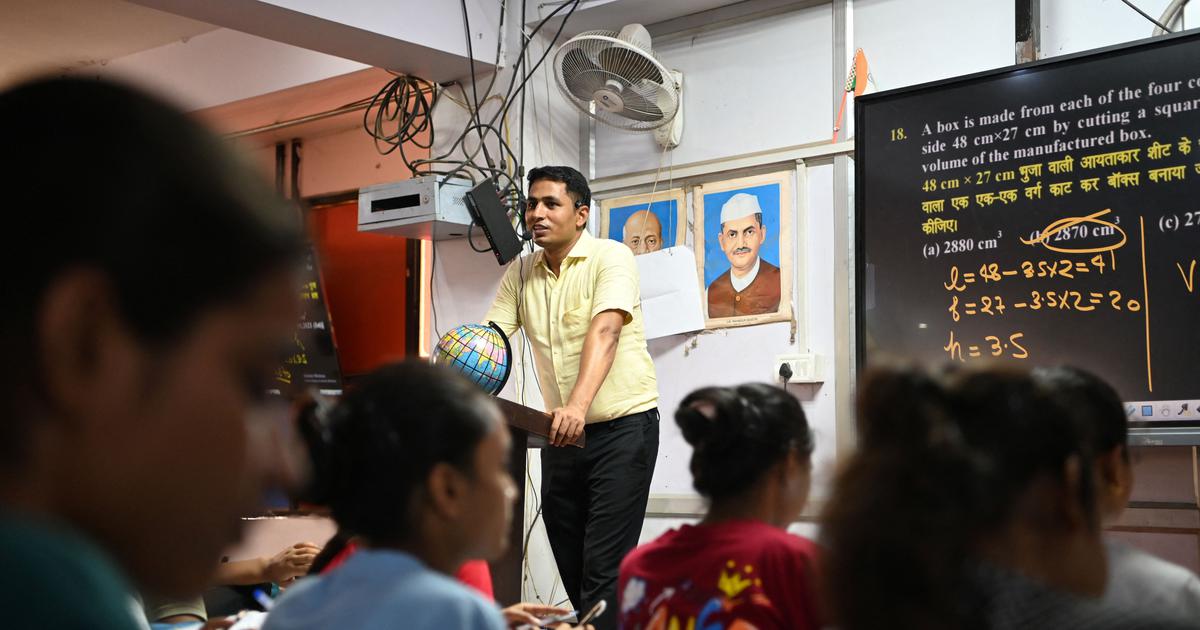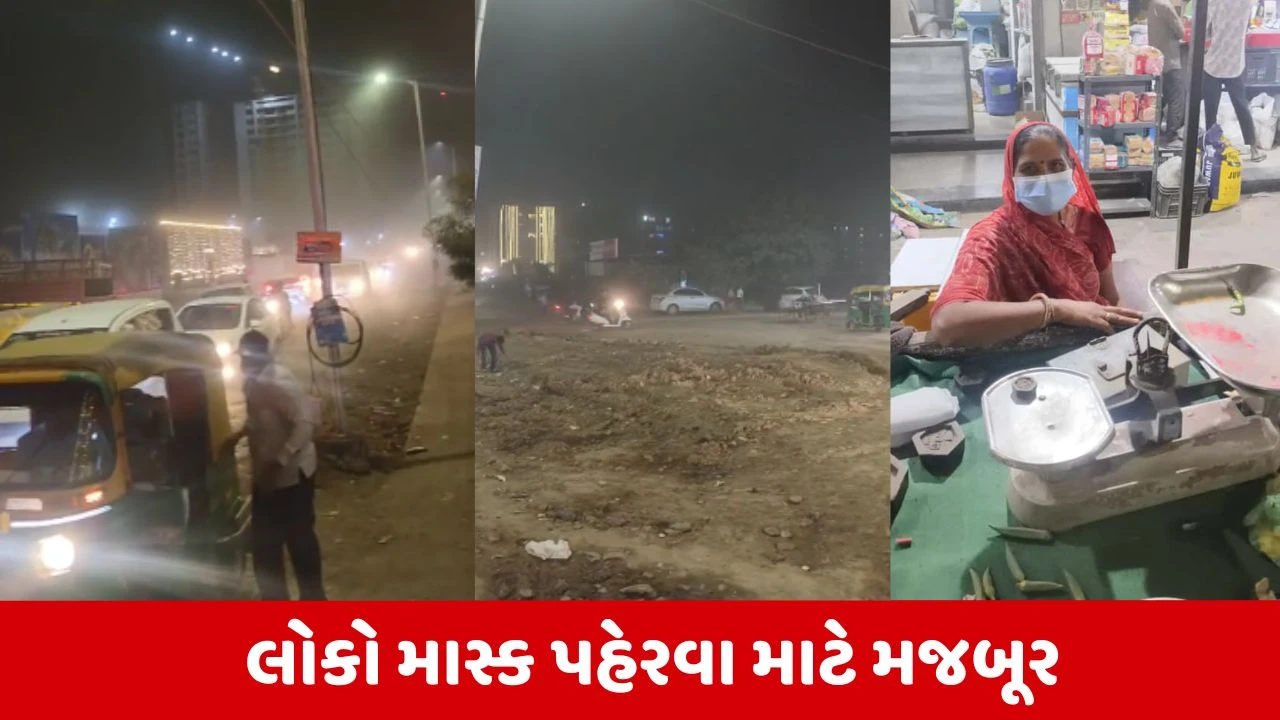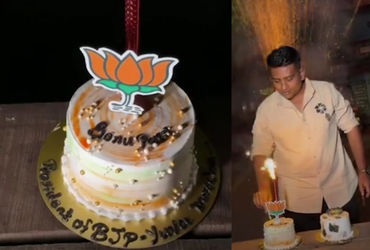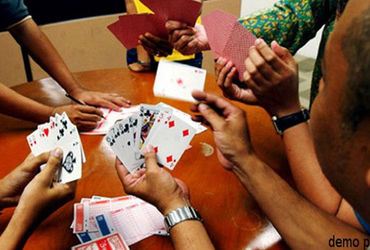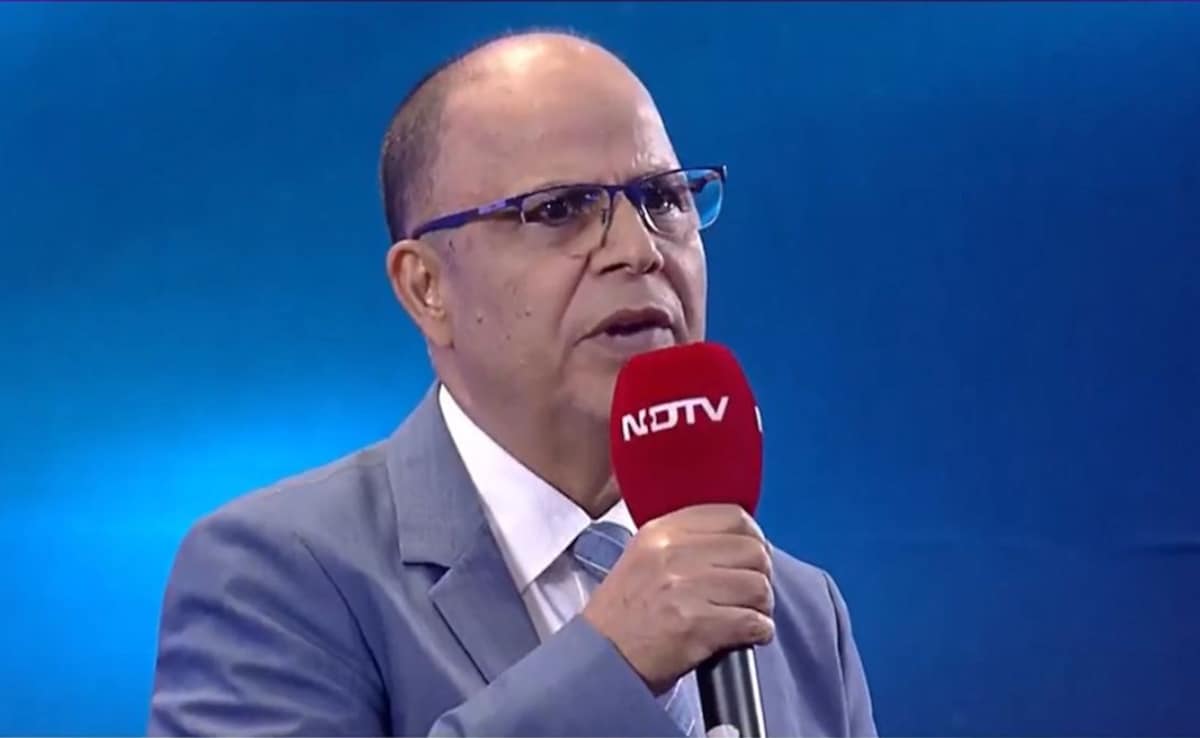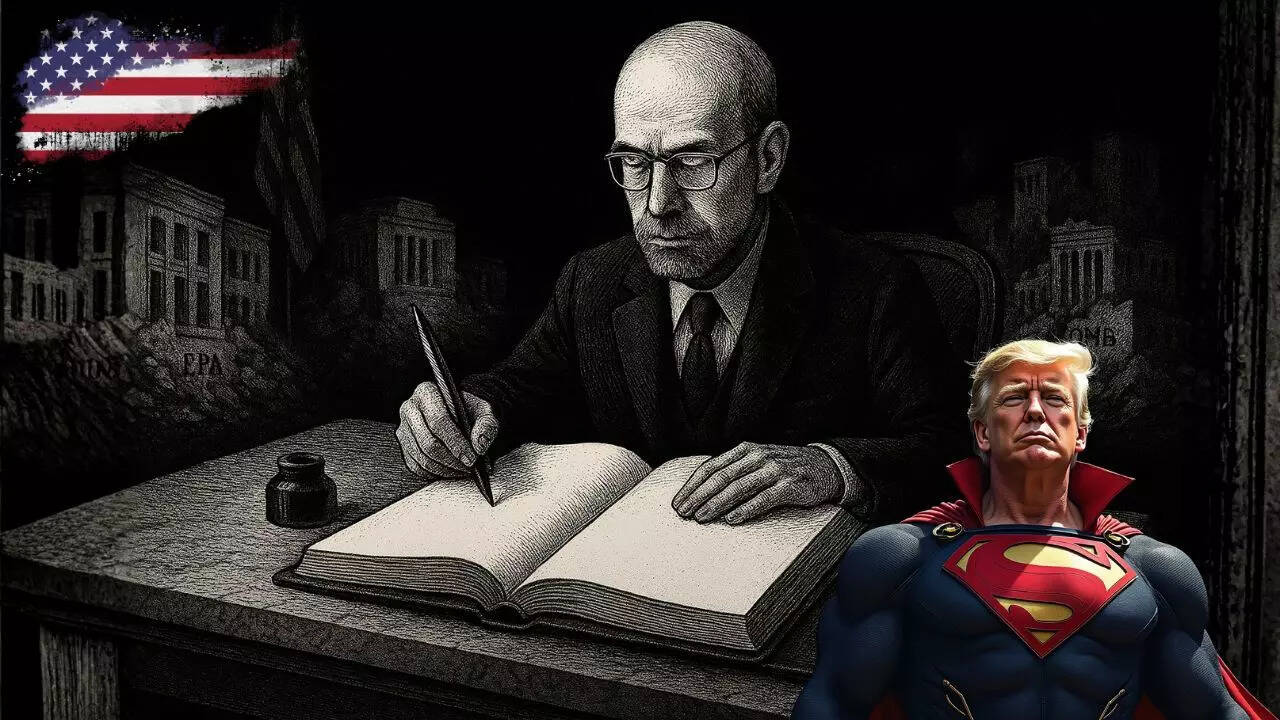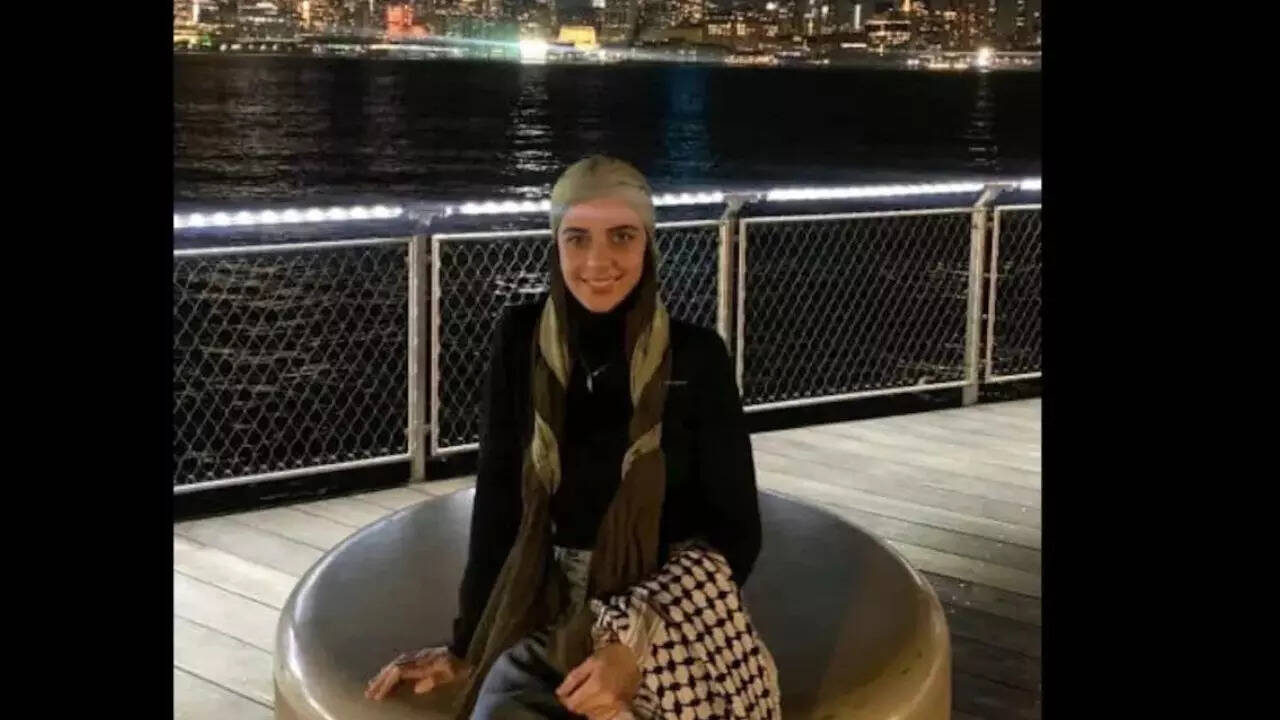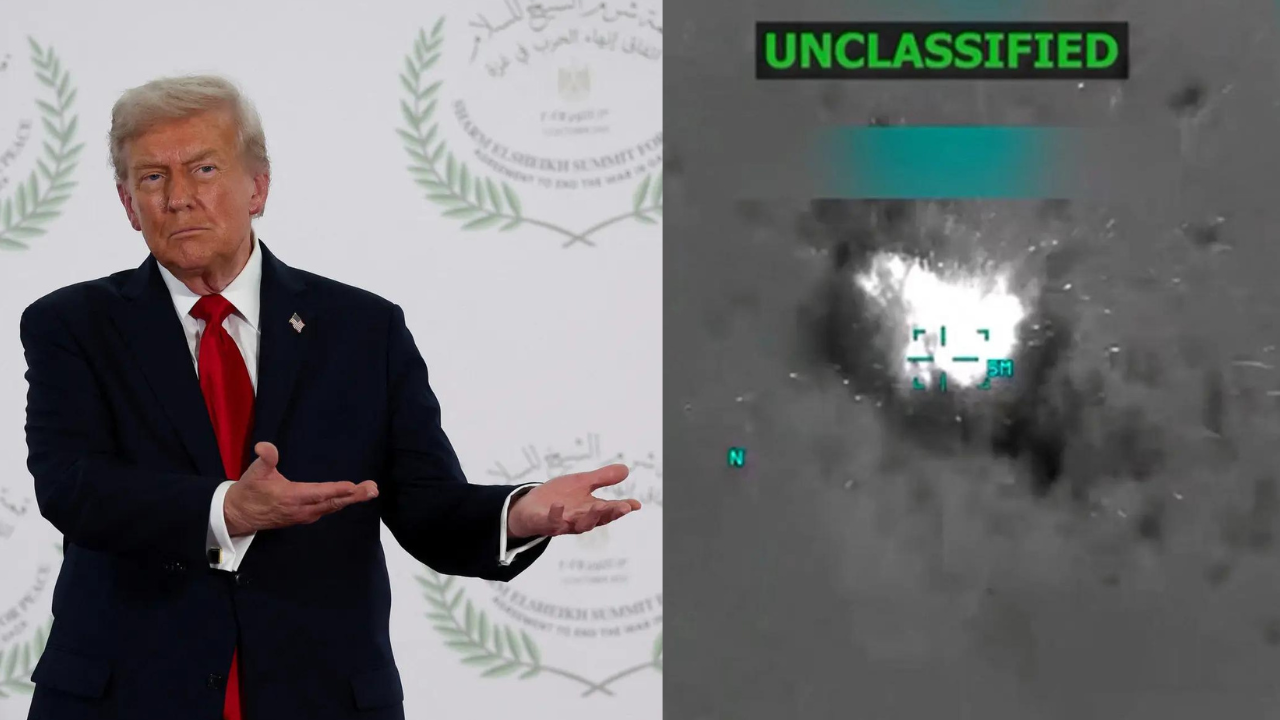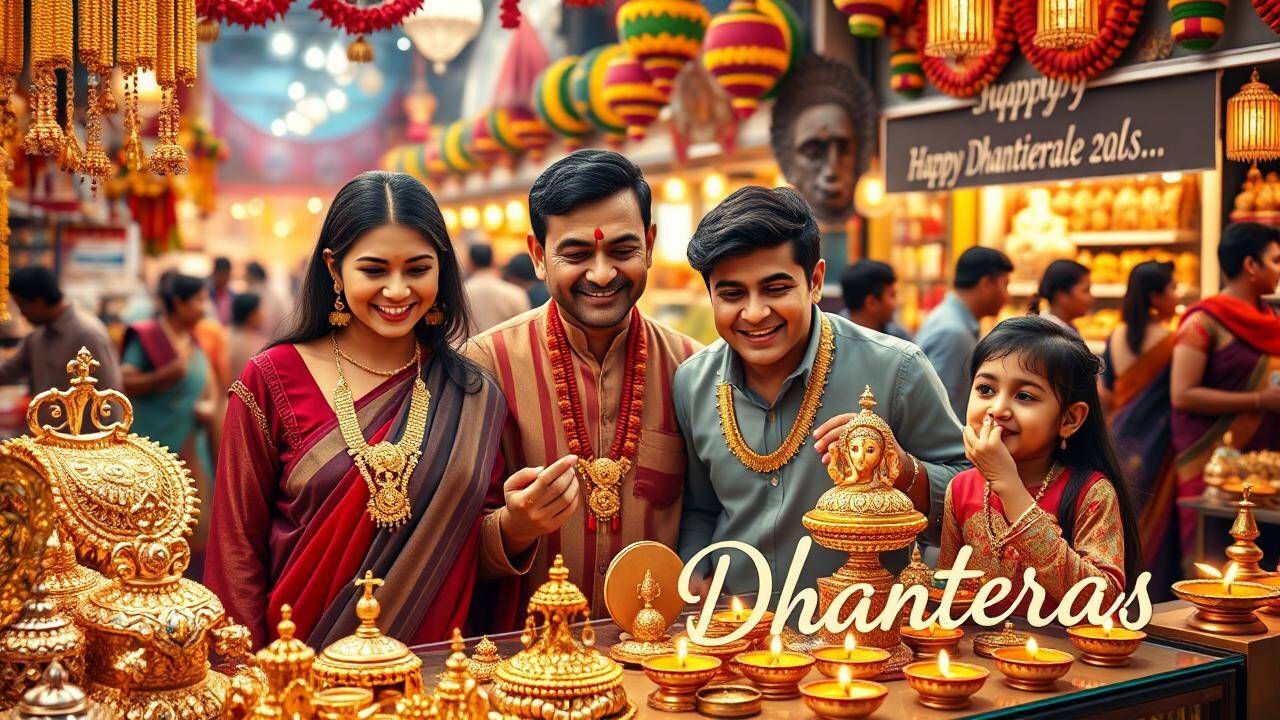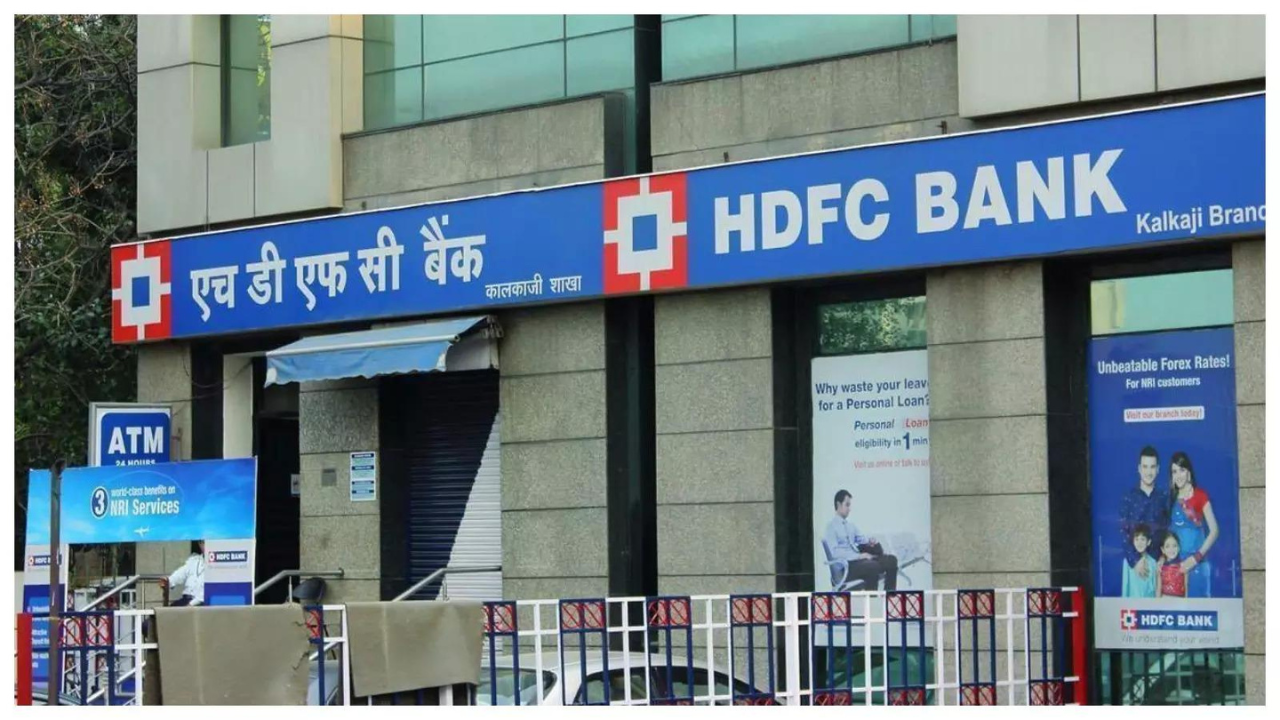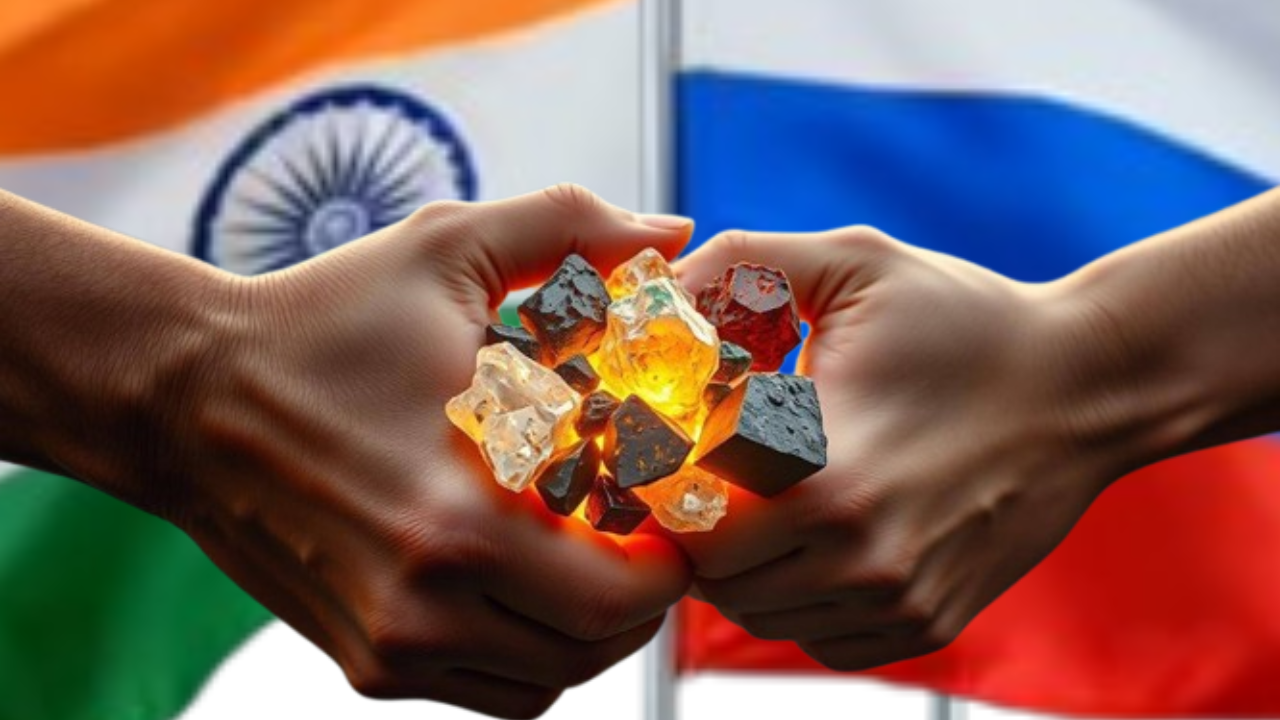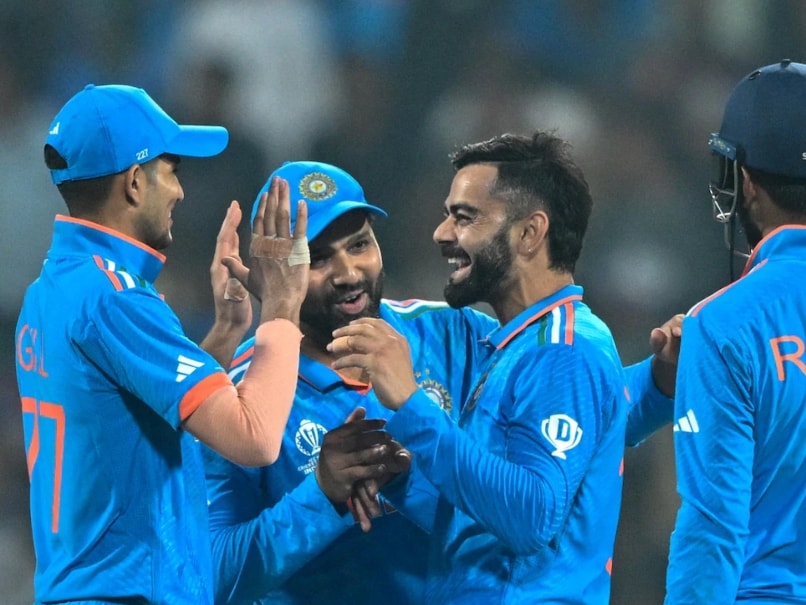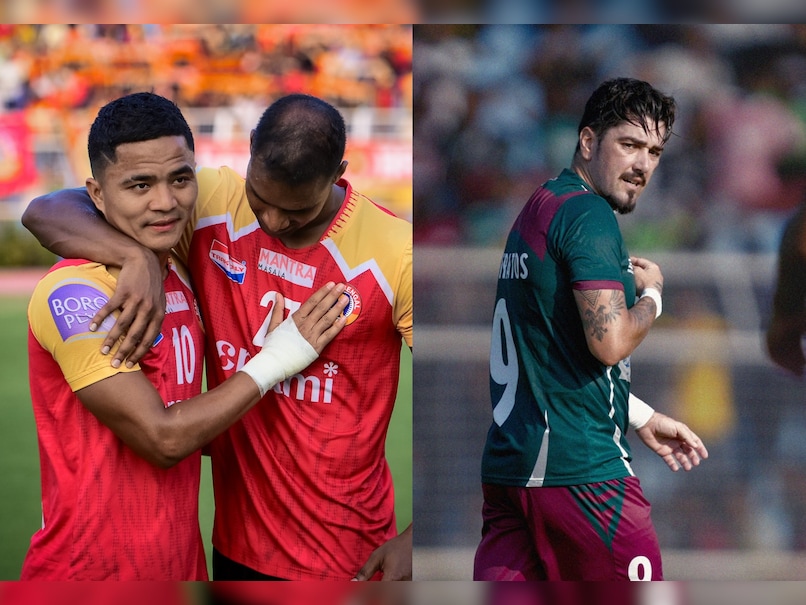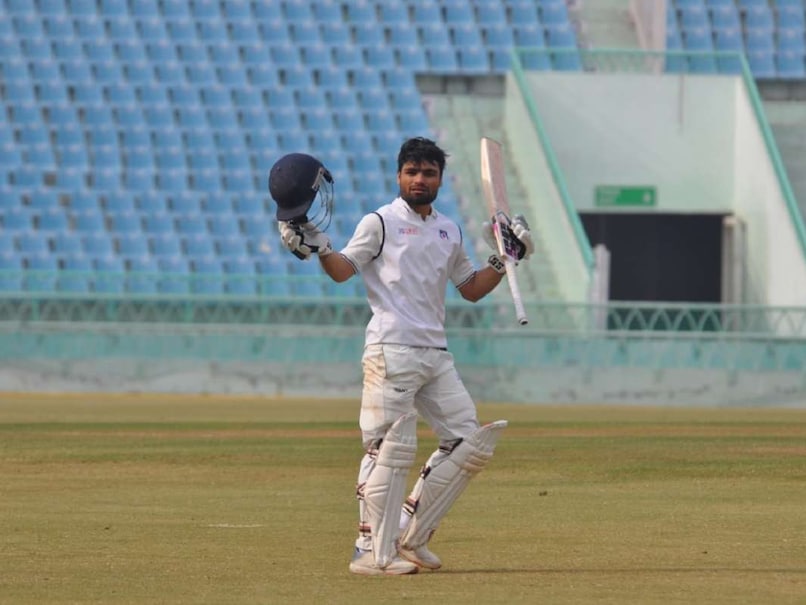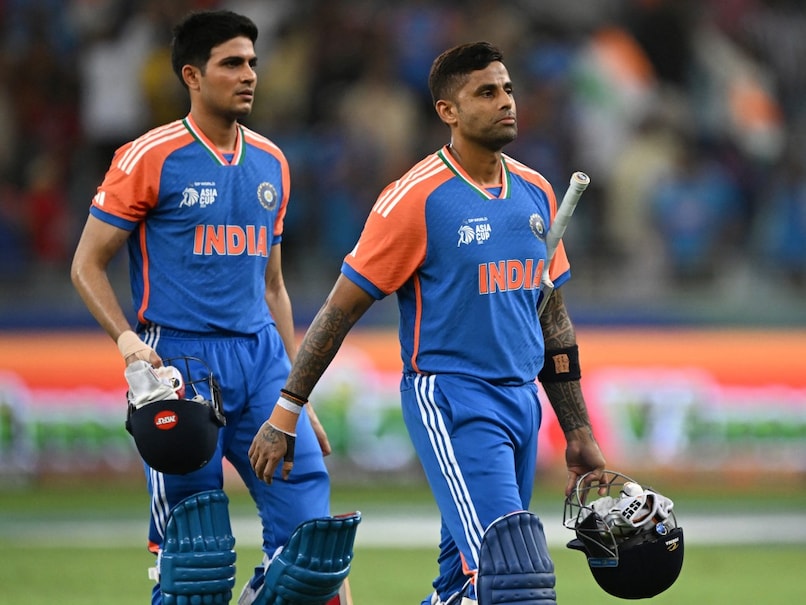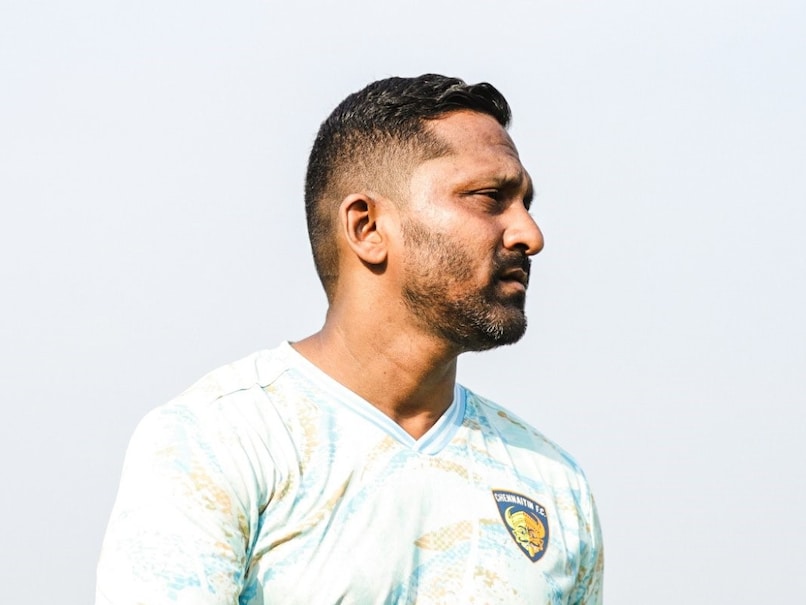‘Desi Queers’: A reminder that queer liberation in Britain has never been one singular story

Join our WhatsApp Community to receive travel deals, free stays, and special offers!
- Join Now -
Join our WhatsApp Community to receive travel deals, free stays, and special offers!
- Join Now -

“During the late 1970s, I met this Arab lesbian who was born here … and she had a bruised eye. She had been kicked at a women’s bar by some White lesbians who called her a wog and kicked her out. She still has a deaf ear after that, and her spine is still not functioning.”
The violence contained in this memory is haunting. It is not the violence of the state, nor of men on the streets, but of those who were supposed to be allies – white lesbians in a women’s bar, policing through race. A space imagined as liberatory became exclusionary with the weight of colonial histories and racial hierarchies crashing down on queer bodies of colour. What remains is not only the survivor’s permanent injuries, her deaf ear, her damaged spine, but also the reminder that queer liberation has never been one singular story.
History shaped by exclusions
It is from such fragments of pain, resilience, and solidarity that Desi Queers: LGBTQ+ South Asians and Cultural Belonging in Britain, co-authored by Churnjeet Mahn, Rohit K Dasgupta, and DJ Ritu, begins to stitch together an alternative history. Instead of rehearsing familiar moments like the Stonewall riots in the United States or the miners’ strikes of...
Read more
What's Your Reaction?
 Like
0
Like
0
 Dislike
0
Dislike
0
 Love
0
Love
0
 Funny
0
Funny
0
 Angry
0
Angry
0
 Sad
0
Sad
0
 Wow
0
Wow
0
